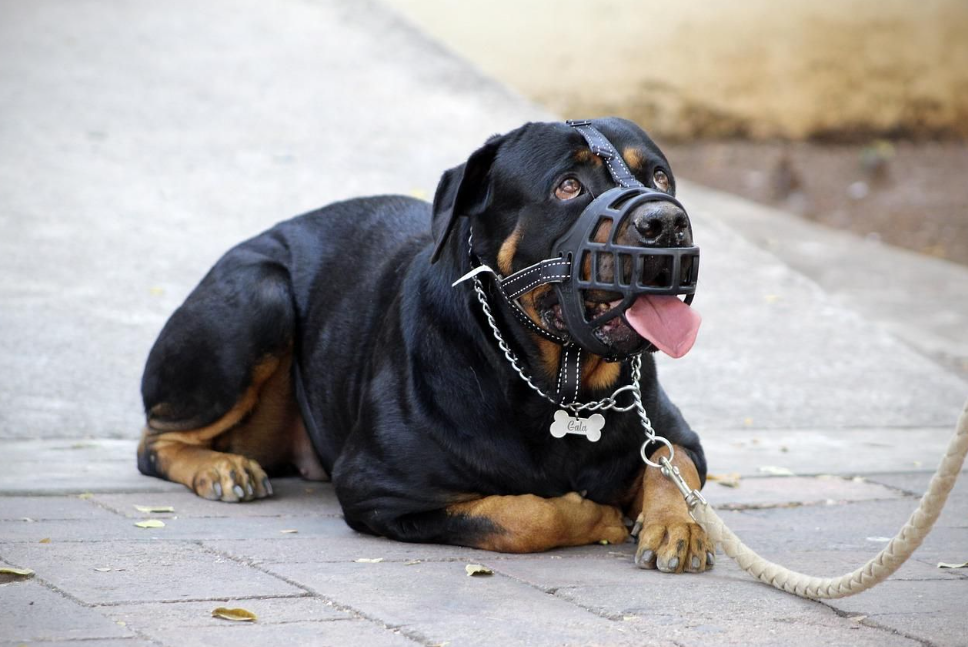
Bylaw amendments passed unanimously at Toronto city council on Wednesday. A beefed-up bylaw means dangerous dogs will soon require muzzles and warning signs — and won’t be allowed in Toronto’s off-leash dog parks.
Starting in March, if a dog severely attacks or bites a person or another pet, it will be labelled a dangerous dog, according to bylaw amendments passed unanimously at Toronto city council on Wednesday.
- The Council committee wants to bite the proposed vicious dog bylaw more.
The bylaw makes it illegal for a pet to be tethered for longer than one hour, bans choke collars and chains and increases fines for owners who don’t comply. In Ontario, certain breeds of dogs are required by law to be muzzled in public places, as a measure to prevent dog bites. If you have been bitten by a dog or involved in a dog attack, a dog bite lawyer in Toronto can help you navigate the complexities of Ontario’s dog bite laws and ensure that you are adequately compensated for your injuries and damages.
“This is about both public safety — and the safety of pets,” Coun. Mike Layton told CBC Toronto.
A new bylaw has been put in place that requires owners of dangerous dogs to muzzle their pets and display warning signs on their property. This move is aimed at increasing public safety and preventing dog bite incidents.
The bylaw applies to dogs deemed “dangerous” by animal control authorities. These are typically dogs involved in previous biting incidents or have been determined to threaten public safety. Using muzzles and warning signs is intended to warn others clearly that a dangerous dog is on the property.
If you or someone you know has been the victim of a dog bite, it’s essential to seek the help of a dog bite lawyer. A dog bite lawyer in Toronto can help you navigate the legal system and ensure you receive the compensation you deserve. In addition, they will be familiar with Ontario’s specific dog bite laws and how they apply to your case.
Need a dog bite lawyer in Toronto? Protect your rights. A dog bite lawyer in Toronto can help you understand your rights under the law and guide you through seeking justice.
The new bylaw is essential in increasing public safety and preventing dog bite incidents. The public is better protected from potential harm by requiring owners of dangerous dogs to take extra precautions, such as using muzzles and displaying warning signs. The bylaw is also an important reminder for dog owners to take responsibility for their pet’s actions and be familiar with the dog bite laws in Ontario.
It’s about the deed, not the breed
A stricter bylaw is something Anne-Marie Mountfort has been fighting for since 2012, when a German shepherd-collie mix attacked her then-6-year-old daughter.
“It’s great that the law is not tied to a specific breed, it’s about the act, not the breed,” she said. Helped sort it out dog bite lawyer.
- Dog bite investigation ‘botched,’ says city ombudsman.
The bylaw amendments now define a dangerous dog as one that has severely bitten a person or pet, has bitten or attacked a person or pet, and it is the second or subsequent bite or attack on record, or a dog that’s under a muzzle order.
There was no previous definition of a dangerous dog in the bylaw.
Concern owners could become repeat offenders
Coun. Giorgio Mammoliti expressed concern that the bylaw amendments could put small dogs like Chihuahuas in the same category as other breeds. Don’t let yourself be left in the dark about your rights after a dog bite incident in Toronto or Ontario. Contact a dog bite lawyer to help you understand Ontario’s dog bite laws and protect your legal interests.
He also worries owners could become repeat offenders.
“The way to do that is not to license them ever again in owning a dog,” he said.
Don’t let yourself be left in the dark about your rights after a dog bite incident in Toronto or Ontario. Contact a dog bite lawyer to help you understand Ontario’s dog bite laws and protect your legal interests.

